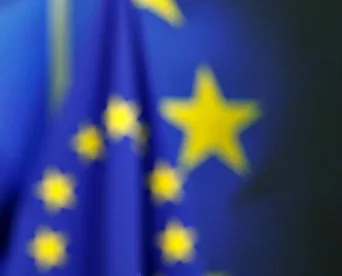EU Extends Its Sanctions to New Persons and Entities in Certain Third Countries
In July, following decisions of the Sanctions Committee of the United Nations Security Council, the European Commission lifted the freeze of funds and economic resources sanctions imposed on certain Iraqi entities, including some state owned enterprises (Commission Implementing Regulation (EU) 2018/979, Commission Implementing Regulation (EU) 2018/1025 and Commission Implementing Regulation (EU) 2018/1066).
EU Amends the Blocking Regulations to Counter US Sanctions Against Iran
The amended EU Blocking Regulation entered into force on August 8. The amendment extended the scope of US sanctions against Iran with which EU citizens or entities must not comply. In addition to the updated EU Blocking Regulation, the European Commission issued:
-
Guidance Note — Questions and Answers: adoption of update of the Blocking Statute
-
Commission Implementing Regulation (EU) 2018/1101 of August 3, 2018, laying down the criteria for the application of the second paragraph of Article 5 of Council Regulation (EC) No. 2271/96 protecting against the effects of the extra-territorial application of legislation adopted by a third country, and actions based thereon or resulting therefrom
In the Guidance Note, the European Commission clarified that branches of foreign companies operating in the EU (but not incorporated in the EU as separate legal entities) are not bound by the EU Blocking Regulation (but any natural person within the EU acting in a professional capacity is). The European Commission confirms also that the EU Blocking Regulation does not affect the ability of EU businesses to decide freely to operate in or to withdraw from Iran.
In addition, the European Commission sets rules applicable to applications for the authorization to comply with US sanctions covered by the EU Blocking Regulation. In general, the European Commission will grant such an authorization when the noncompliance with US sanctions may cause a serious damage to interests of applicants or of the EU. Such interests might be, for example, the risk of bankruptcy, prior settlement with the economic sanctions enforcement authorities, pending administrative or judicial investigations, and the protection of human life and health.
EU Amends Its Sanctions Against South Sudan
On August 10, the Council of EU amended its sanctions against South Sudan. This amendment clarifies the scope of limitations imposed on exports of military goods to South Sudan (Council Decision (CFSP) 2018/1125 and Council Regulation (EU) 2018/1116).



 />i
/>i
